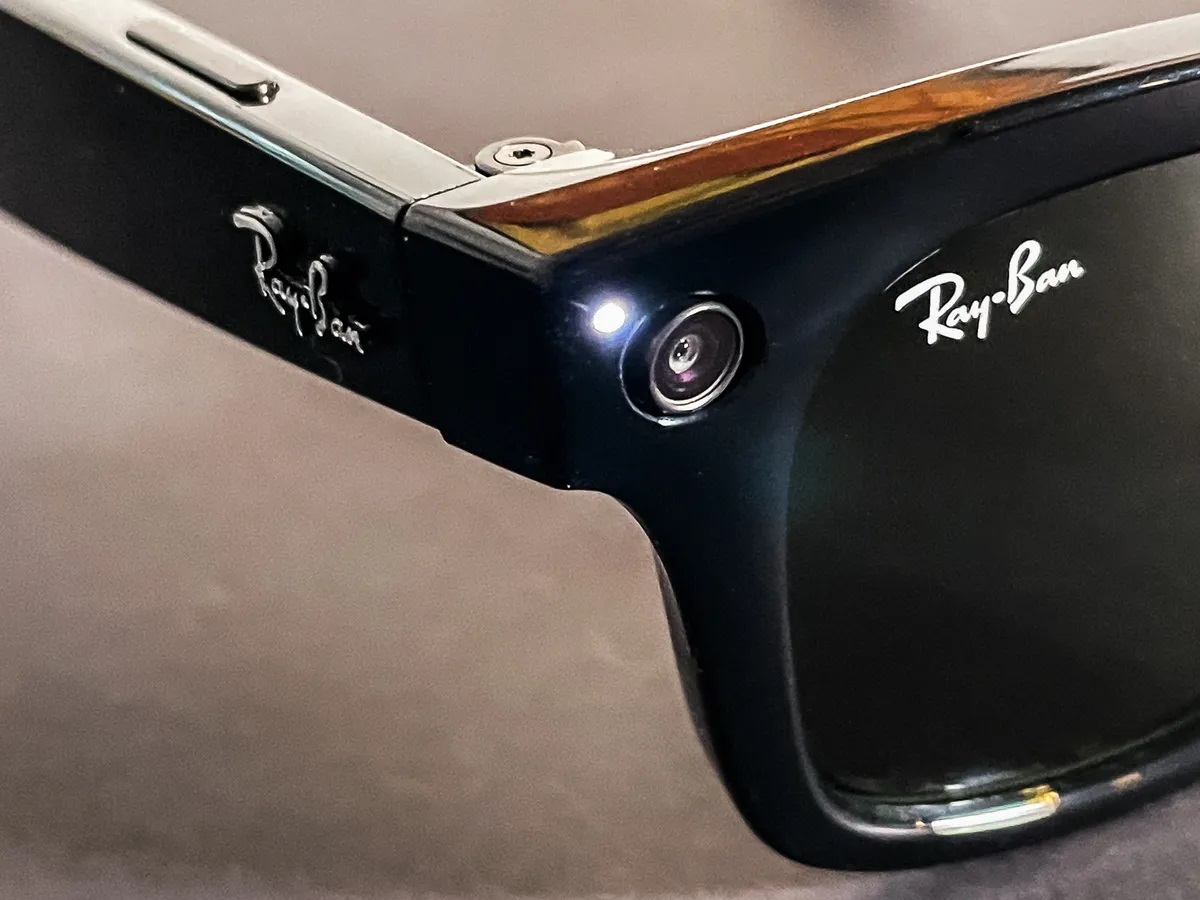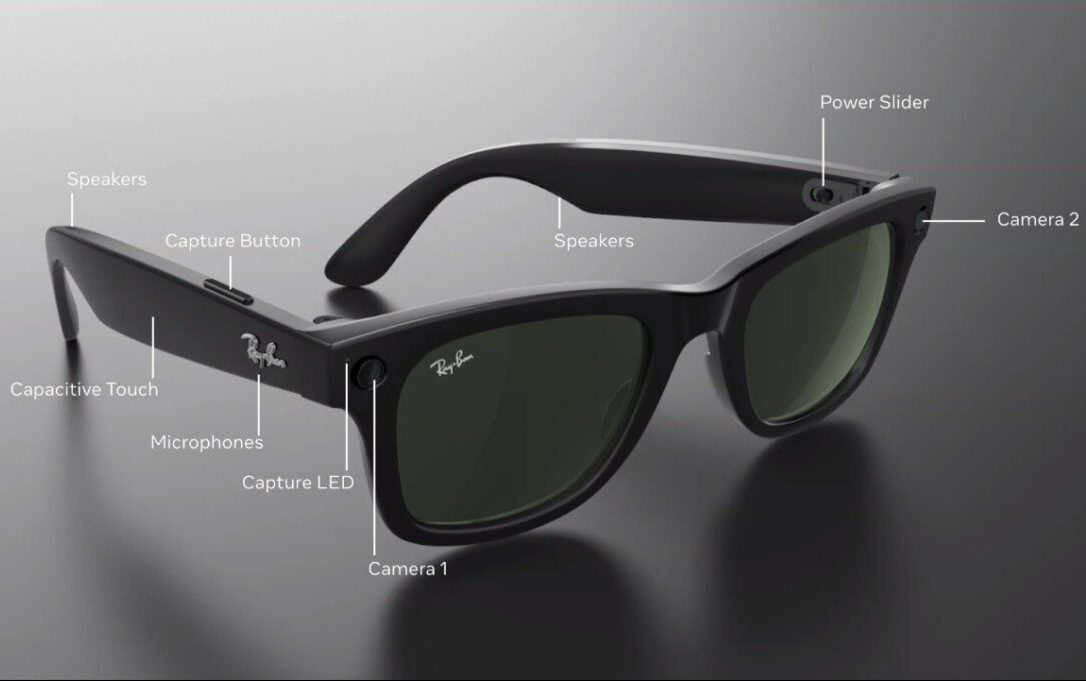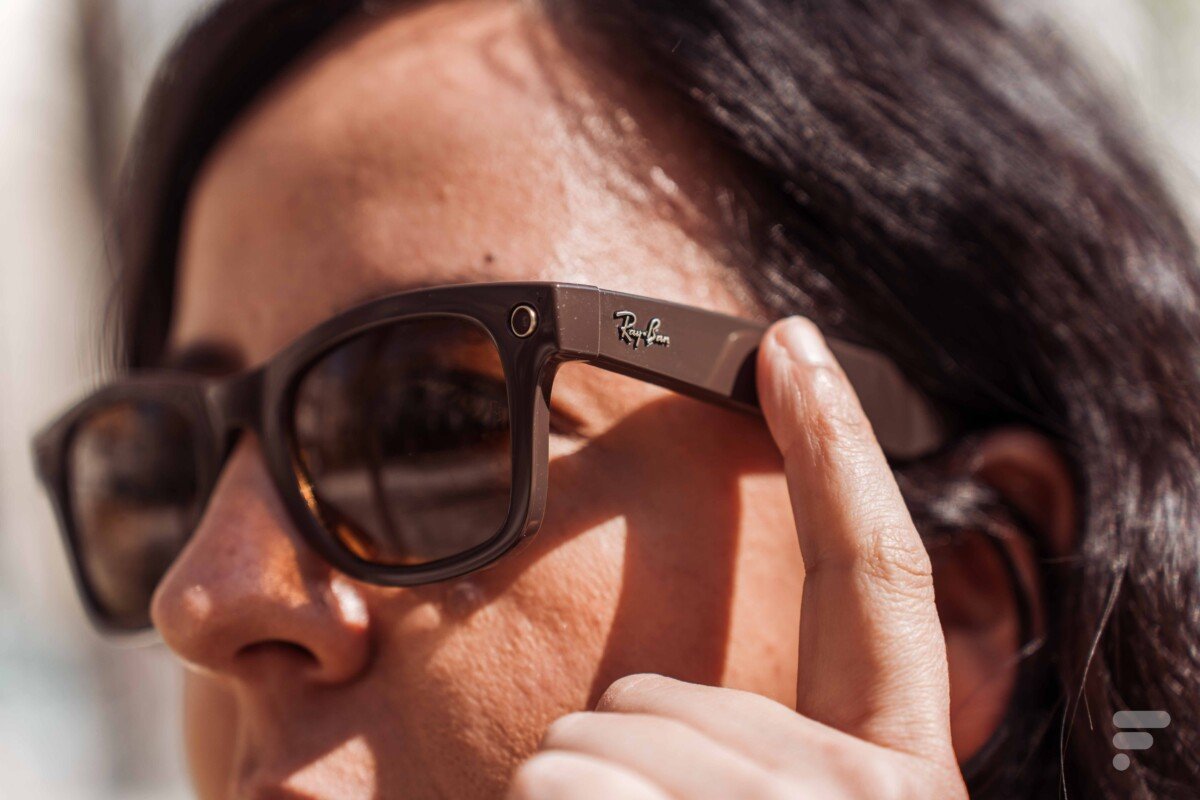Meta’s new face camera can be used for ILLEGAL SURVEILLANCE of private citizens
According to a tech author who tested the Ray-Ban Meta smart glasses, while the device has various functions, in the wrong hands it can be used for illegal surveillance. And unless someone looks closer, no one would suspect you of spying.

Brian X. Chen, the Tech Fix columnist for the New York Times, wore the $300 Ray-Ban Meta smart glasses for two weeks to test its functions.
According to his report, he used the glasses to “secretly snap photos and record videos of strangers in parks, on trains, inside stores and at restaurants.” He didn’t try to hide the camera, but no one noticed that he was wearing it.
Meta’s high-tech glasses come with a camera, speakers and microphones
The Ray-Ban Meta glasses, the product of a collaboration between Meta – Mark Zuckerberg’s social networking empire – and the iconic eyewear maker, is a high-tech device that comes with a camera for shooting photos and videos, and speakers and microphones for listening to music and talking on the phone.
Meta claims that glasses can help you “live in the moment” while sharing what you see with the rest of the world. Wearing the glasses allows you to livestream a concert on Instagram while watching the performance, instead of holding up your phone.
The glasses take Silicon Valley one step closer to shifting computing away from smartphone and computer screens and toward user faces.
A video Zuckerberg posted on Instagram showed how the smart glasses could use A.I. to scan a shirt and help him pick out a pair of matching pants.
Companies like Meta claim that wearable face computers could soon change how people live and work. But for the past seven years, headsets have remained unpopular, mostly because they are too big and aesthetically off-putting.
However, the minimalist design of the Ray-Ban Meta glasses gives people a glimpse of how smart glasses might look in the future if they become a hit with consumers.

The Ray-Ban Meta glasses are sleek, lightweight and hip, allowing them to blend effortlessly with your daily outfit. Chen wrote that no one, not even his editor who knew he was writing about the glasses, was able to tell them apart from ordinary glasses.
After wearing the Ray-Ban Meta glasses for almost a month, Chen confessed that he was relieved to stop using them because even though he was impressed with the “comfortable, stylish design of the glasses,” he was worried by the implications for privacy.
Chen also said he was concerned about how smart glasses may broadly affect a user’s ability to focus. He shared that even when he wasn’t using any of the features, he felt distracted while wearing the Ray-Ban Meta smart glasses.
According to Chen, the main problem is that the smart glasses have similar functions to a smartphone.
In a statement, Meta insisted that “privacy was top of concern when designing the glasses.” The company claimed that since they wanted to “normalize smart glasses in everyday life, privacy has to come first and be integrated” into everything they do.
Ray-Ban Meta glasses are a distraction
Chen’s first test with the glasses was to wear them at his bouldering gym, where he recorded how he maneuvered through routes in real-time and shared the videos with his climbing friends.
Chen noticed that his climbing was, overall, worse than normal. When recording a climbing attempt, his footwork was clumsy and he fell.
He noted his disappointment because he had successfully climbed the same route before. He thinks the pressure to record and broadcast a smooth climb made him do worse instead.
Chen added that after removing the glasses, he completed the route successfully.
He also had problems concentrating while driving a car or riding a scooter. The reflection from other car headlights emitted a harsh, blue strobe effect through the smart eyeglass lenses.
Meta’s safety manual for the Ray-Bans advises users to stay focused while driving, but it does not mention the glare from headlights.
Smart glasses and privacy
To let others know that they are being photographed, the Ray-Ban Meta glasses have a small LED light embedded in the right frame to indicate when the device is recording.
If you take a photo, the light flashes momentarily. When a video is recording, the LED light is continuously illuminated. Chen took 200 photos and videos with the glasses in public, but no one looked at the LED light or confronted him about it.
The issue of widespread surveillance isn’t new, especially with smartphones, doorbell cameras and dashcams everywhere that can record you almost anywhere.

However, Chris Gilliard, an independent privacy scholar who has studied the effects of surveillance technologies, warned that cameras hidden inside smart glasses could allow those with ill intent to abuse them and cause harm.
Gilliard warned that devices like the Ray-Ban Meta glasses “don’t make possible something that was impossible.” Instead, they make it easier to do what wasn’t always easy.
Albert Aydin, a Meta spokesman, claimed that the company took privacy seriously and designed safety measures, including a tamper-detection technology, to prevent owners from hiding the LED light with tape.
Chen said that while he was able to capture some precious moments with loved ones using the smart glasses, he acknowledged that it won’t be enough to convince the majority of consumers to buy smart glasses and wear them regularly, especially since they can sacrifice privacy and become a distraction.
yogaesoteric
January 17, 2024
